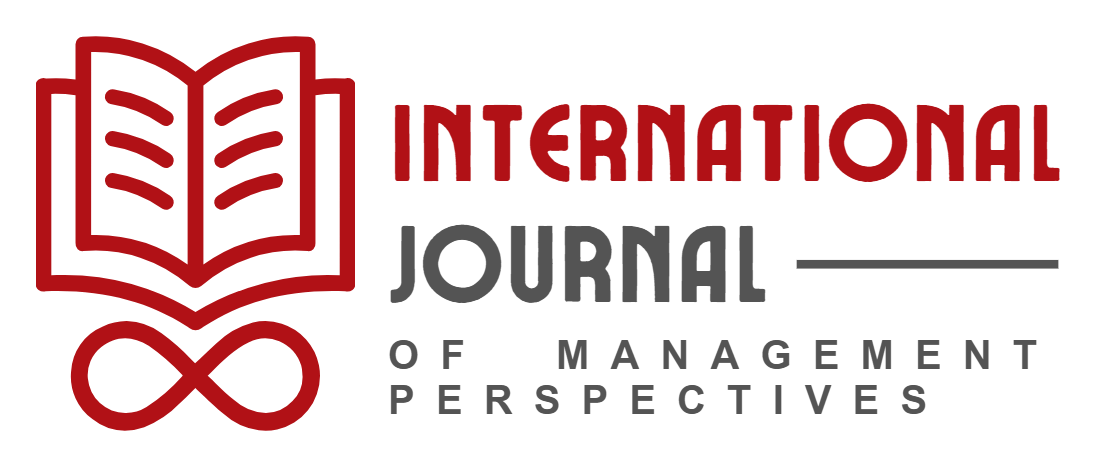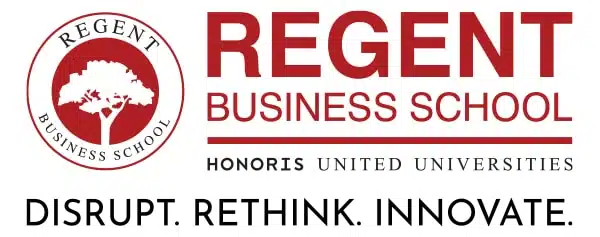Doctor of Business Administration (DBA)
The Doctor of Business Administration programme offers students a rigorous, research-focused curriculum that emphasises research addressing the challenges most relevant to business leaders.
Description
Key features
The Postgraduate Research Proposal stage equips students with an advanced understanding of:
- What research is and how it is carried out
- The concept of research
- Empirical research theory
- Experimental and observational research
- Advanced research techniques
- This programme is endorsed by the Institute of Directors South Africa.
- Qualitative and quantitative research
- Choosing a subject and research focus
- Application to business research
- Writing a research proposal
- Developing a research timetable
An Overview of DBA Journey
About
The Doctor of Business Administration programme offers students a rigorous and furthermore a research-focused curriculum that therefore also emphasises research addressing the challenges most relevant to business leaders.
Therefore Doctor of Business Administration programme certainly aims to produce Doctoral candidates (scholars and researchers) who will therefore contribute to the body of knowledge in the broad discipline of business management and administration and has also been designed to make a contribution to the enhancement of trans-disciplinary practices in management and also administration.
The Doctor of Business Administration programme will therefore develop critical and reflective business administrative knowledge and management competencies at the forefront in the field of business administration practice, through research and scholarly debate at the highest ethical, independent and accountability levels.
Objective
On completion of the Doctor of Business Administration programme, the student will be required to submit a full research thesis.
The thesis will be based on a valid research processes and will demonstrate the following:
- Above all an understanding of the research theory and/or philosophies that enable the conceptualisation of a solution to a practical business problem.
- The knowledge of and ability to apply research methodologies and techniques
- The management of data and/or information through an iterative process of analysis, interpretation and synthesis
The management of emerging ethical business administration issues and ethical decision-making.
Programme structure
Duration: 3 years
The primary programme outcome is a thesis of about 60 000 words.
Therefore the thesis will be assessed at an NQF level 10 and the credit value is 360 credits.
Assessment criteria involves two aspects:
The examination of the thesis by external examiners (one international);
An oral defence of the thesis.
The programme structure has been designed to offer the greatest degree of support and interaction.
Attendance of clinics and research colloquia are compulsory, but non-credit bearing.
Pre-selection process:
First applicants will be required to do a short pre-selection exercise based on their intended problem statement.
This will be approved and or rejected by the DBA committee who will therefore sit bi-annually for review of new applicants.
Students who have been accepted by the DBA committee will be invited to apply for the programme.
Also students who have been rejected by the DBA committee will be mentored by a Senior Academic and encouraged to reapply.
On invitation to apply:
Application and onboarding: Getting to know your institution, the support structures and infrastructure available.
First Year
- Clinic 1 – Formulate the problem
- Clinic 2 – Develop theoretical and conceptual frameworks
- Clinic 3 – Identify research design and methodologies
- Clinic 4 – Prepare the proposal
- Research colloquium – Defend the proposal
- Assign to supervisor
Second Year
- Doctor of Business Administration programme anticipated student trajectory:
- Student/supervisor interaction
- Ethical clearance
- Research colloquium – Data collection and analysis
Third Year
- Student/supervisor interaction
- Research colloquium – Findings and contributions
- Examination of the thesis by international and national examiners
- Oral defence – Defend the thesis
- Draft journal article
Admission requirements
Minimum requirements:
A Master’s Degree or equivalent NQF level 9 qualification
In addition the applicant must:
(i) be 25 years of age or older and;
(ii) have at least three years of working experience.






